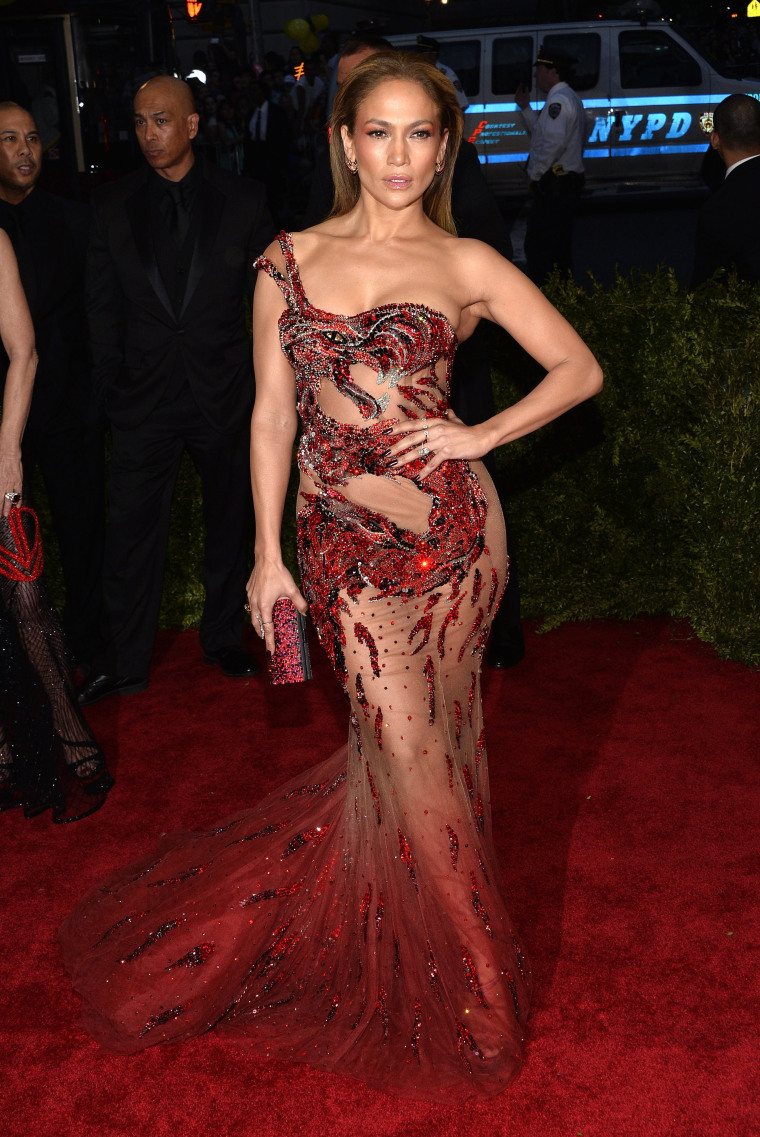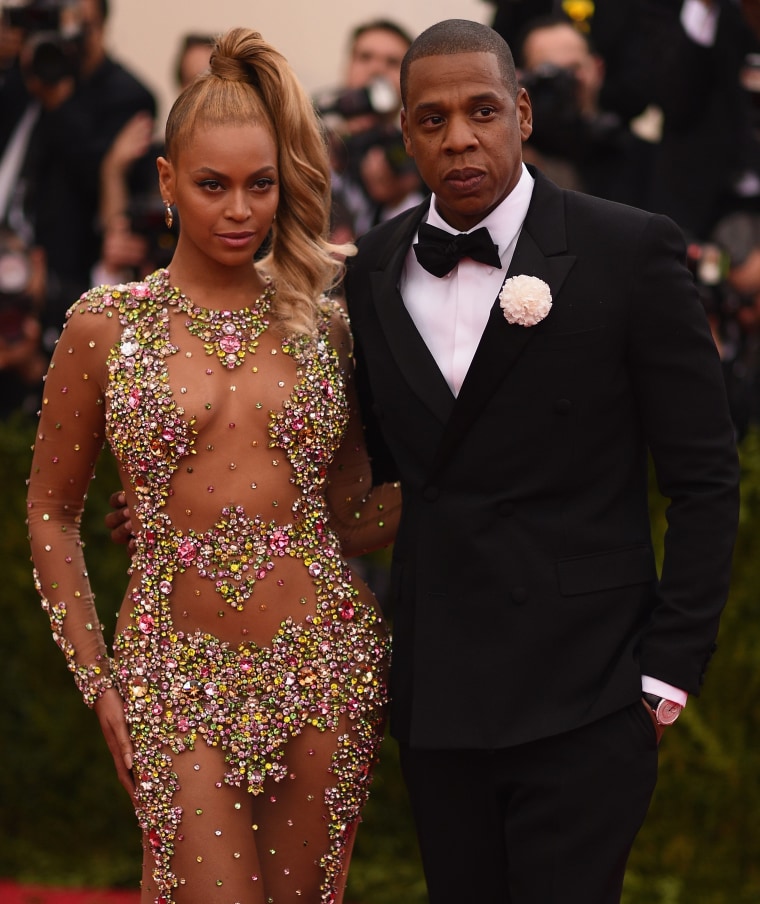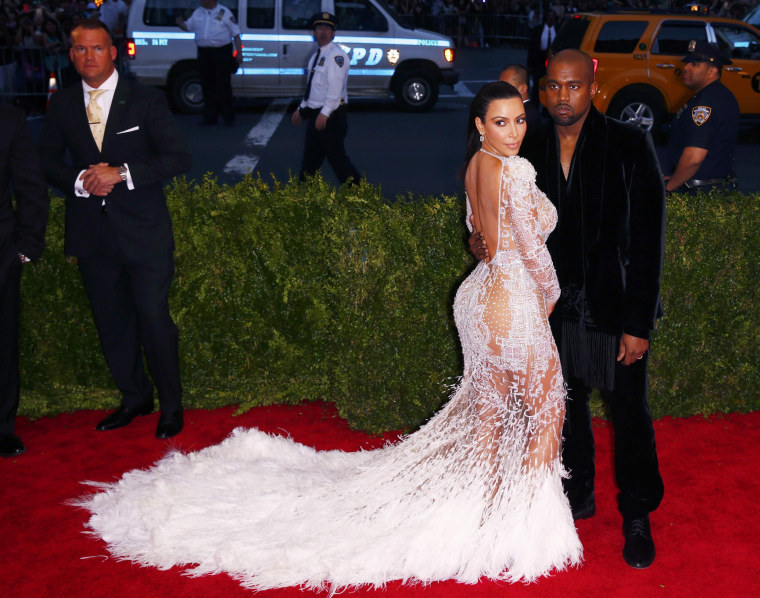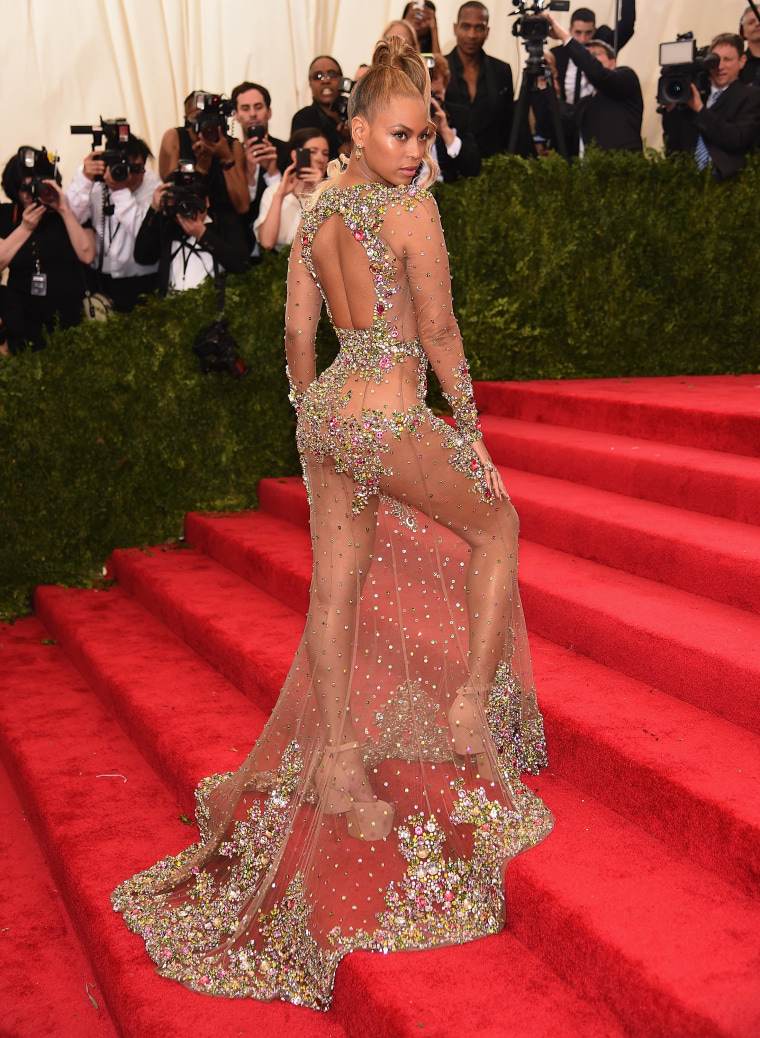According to the Miss Representation Project, an organization whose mission is to be a catalyst for cultural transformation “women hold only 5% of clout positions in telecommunications, entertainment, publishing and advertising.”
Is it possible that this statistic is the reason that countless media outlets—from tabloids to legitimate networks and magazines—make millions off of shaming women’s bodies and personal choices?
Much like high school, Hollywood is a glossier and much more distorted microcosm of the real world. Sure, there are unrealistic expectations placed on those who choose the glittery path of fame and fortune, but when anyone with an iPhone can become an “insta-celeb”, the boundaries between exceptionalism and superfluous notoriety become increasingly blurred.

Between all of the social media accounts women hold, we have the ability to create our very own focus groups, fandoms and/or firing squads depending on our posts.
Consequently, women’s bodies—or most specifically—those which have birthed children, seem to be the latest in a nonstop effort to police every aspect of a woman’s outward presentation, prescribing to the antiquated perceptions on what mothers can and can’t do with their own bodies.
Because in 2015 this is clearly still a “no, no.”
“Isn’t she a mother?” Is probably the most accusatory judgment hurled at women, under the guise of a question, who opt to buck the Stepford version of motherhood and amplify their sexuality rather than mute it after they have children.
While Hollywood may not necessarily be where any of us should look for models, there is a growing flock of dare I say, feminist-minded women, who are balancing the virtuosity of motherhood and sensuality associated with the “single girl” quite well—contrary to the critiques.
There is no better place to witness this sartorial “anti-mommified ” defiance than the red carpet.
Motherhood, for the ones who choose it, doesn’t equal death of sexuality—but instead can be a rebirth into the woman they were truly meant to be—sexual, beautiful and complex human beings.
Being one of fashion’s most highly anticipated events, the Metropolitan Museum’s Gala, is an opportunity for the “chosen people” (only 350 people are invited to the fete) to show off their impeccable style prowess without restraint. This year’s theme, China Through the Looking Glass, was a brilliant exhibition of Chinese influence on Western fashion—and it was also the stage for mothers-unchained or shall I say, “muvas” that steamed up the looking glass.

From Beyoncé to Jennifer Lopez and Kim Kardashian West, these women put all of their woman-ess on display—and I loved every curvaceous moment of it. Each of them were tormented during their pregnancies for “gaining too much weight” and lambasted for not having the appropriate maternal fashion.
Do you remember when it was OK for a woman to gain more than a “bagel belly” during pregnancy?
Before they became mothers each of these celebs were ascribed the highest merit for beauty and sex appeal, yet after children they were condemned for even the slightest association with their sexuality.
Who can forget Kim K. West walking her daughter whilst baring her cleavage in NYC? While most mothers may scoff at the impracticality of rocking haute couture when looking after a newborn who can spit up at any moment—the issue at hand wasn’t the practicality of Kim’s ensemble but instead it's perceived sexiness and “inappropriateness” for a mother.

Beyoncé, created an entire documentary series to temper reactions to her steamier tracks like ‘Partition’ and ‘Drunk in Love’ on her eponymous 2013 album, and yet it still took countless hits from talking heads like Bill O’Reilly and Republican presidential nominee Mike Huckabee, for setting a “bad example for her daughter” and young women everywhere.
But what is the good example for women and girls? Is it to cower to other people’s expectations of who you should be and how you should behave? Is it setting your wants and desires on a shelf once someone decides to “put a ring on it” or you have a baby?
In her docu-series Beyoncé said, “Just because you become a mother, doesn’t mean you lose who you are." Yet, this is exactly what society preaches to women. However, on TV and in film, Hollywood women—and women in general are choosing to write their own stories.
Motherhood, for the ones who choose it, doesn’t equal death of sexuality—but instead can be a rebirth into the woman they were truly meant to be—sexual, beautiful and complex human beings.
At the end of the day, mother or not, the only one looking back at you from the looking glass is you—and shouldn’t you love what you see?

